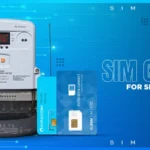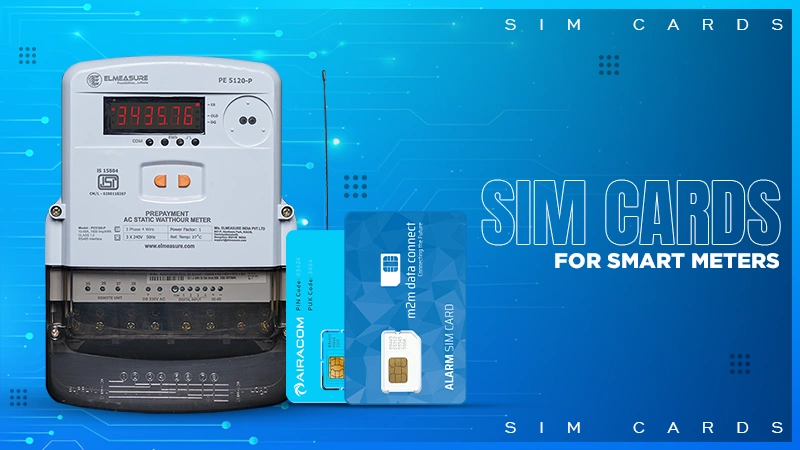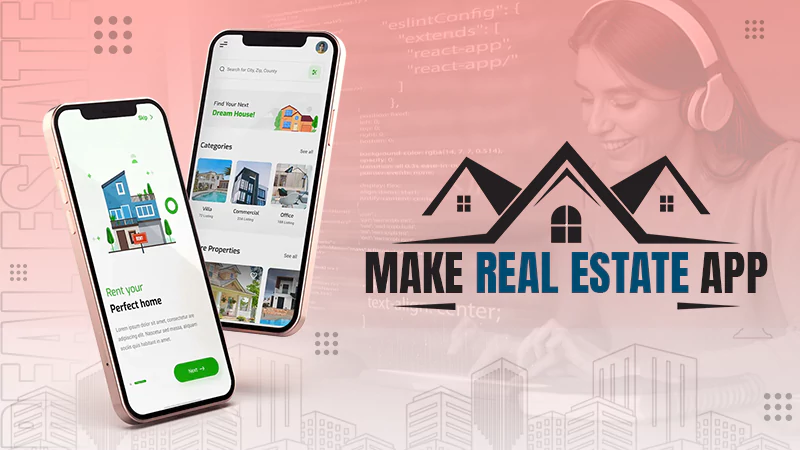In the past, business phone systems consisted of desk sets connected to landlines. Today a company is just as likely to use a VOIP system that relies on the Internet to carry voice messages instead of wires and phone lines. A VOIP phone converts the speaker’s voice into data and then transmits it over the Internet, like email. The system then converts data back to the caller’s voice, so a receiver hears a clear, crisp message.
VOIP systems are an excellent choice for businesses because they are simple to set up, cost-effective, and easy to repair. The feature-rich systems can be scaled for companies of all sizes and are portable. The technology has been around for decades so that customers can depend on fast, dependable service.
You May Also Like: The Ways Internet is Changing the Travel Industry
Switching to Business VOIP Systems
Communications companies offering VOIP services make it easy for clients to switch from traditional to VOIP systems. Professionals who provide VOIP for business will run Internet tests to ensure clients’ Internet service is fast enough. Technicians provide all the needed hardware and supply a phone number. They test installed systems and can train employees.
Clients may choose high-tech VOIP desk phones and headsets designed for exceptional voice quality. Per business publication CHRON, companies can save money by opting for an Analog Telephone Adapter (ATA) that lets them use their original desk phones. Providers also offer a business phone app that eliminates some setup processes and makes it possible to use computers and cell phones for VOIP service.
VOIP systems offer an array of features and functions that include:
- Caller ID
- Call waiting
- Call paging
- Conference calling
- Fax to email
- Hold music
- Single line sharing on multiple devices
- Voicemail to text/transcription
- Web-based administration
Benefits of Business VOIP Systems
VOIP systems are ideal for many businesses because they provide hard-to-beat advantages that are not available with landlines. Internet-based systems are very affordable, flexible, scalable, reliable, and exceptionally convenient.
Per Forbes, VOIP is a good fit for small businesses that have several customer service representatives and want a single phone number that can be switched among employees. VOIP lets clients route calls to different phones using an online account.
It is less expensive to use the Internet to make Internet calls, especially if businesses need to phone overseas. There is no need to install multiple phone lines since all calls are routed via an existing Internet connection. Unlike traditional phone services, which charge by call time, VOIP clients pay only their ISP costs.
Conference calls are straightforward with VOIP systems, and businesses can opt for traditional voice conferencing or video conferences. They may also transfer text, images, and video during calls, making it easier to solve problems quickly and enhance presentations.
A VOIP system is portable. Employees can work from home and use the company’s system, and VOIP allows them to utilize data, fax, and voice services remotely. It’s also easier for companies to change locations. If they outgrow their offices, it is simple to transfer VOIP systems.
Using VOIP systems is easy, which makes training new employees simpler. If offices need to change interoffice configurations, they can use a web portal. Professional help is rarely needed for these projects.
VOIP business systems that use the Internet to make calls are easy to set up and maintain. They are feature-rich and less expensive than conventional landlines. The reliable systems provide multiple functions, including fax and video conferencing. VOIP systems can be used anywhere and are very easy to relocate.
















